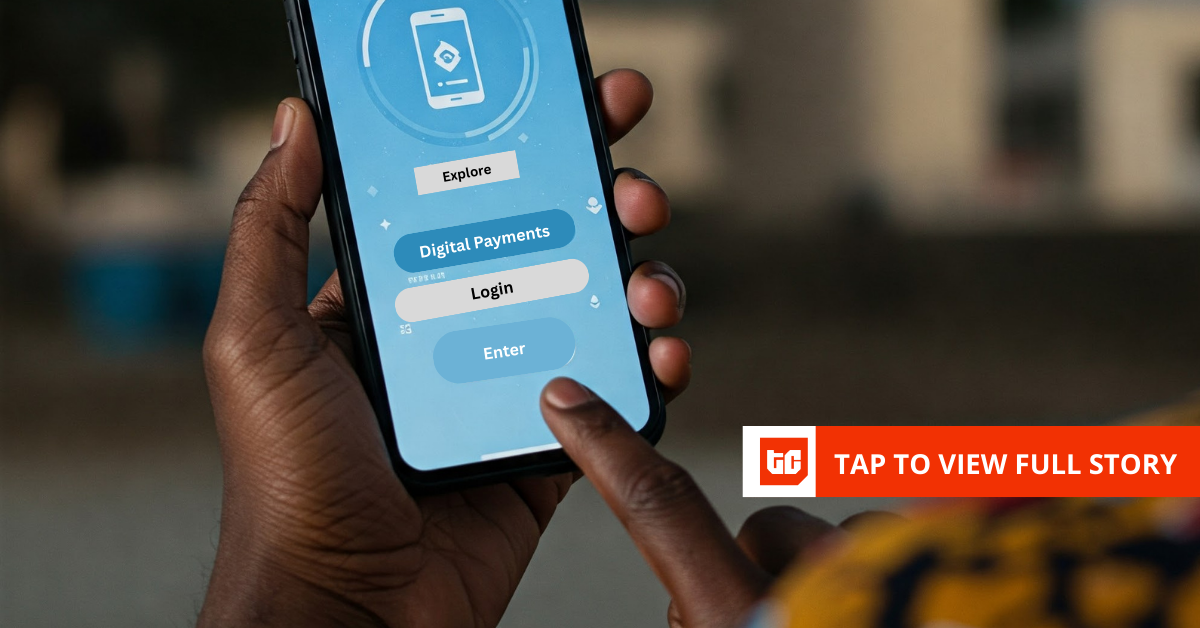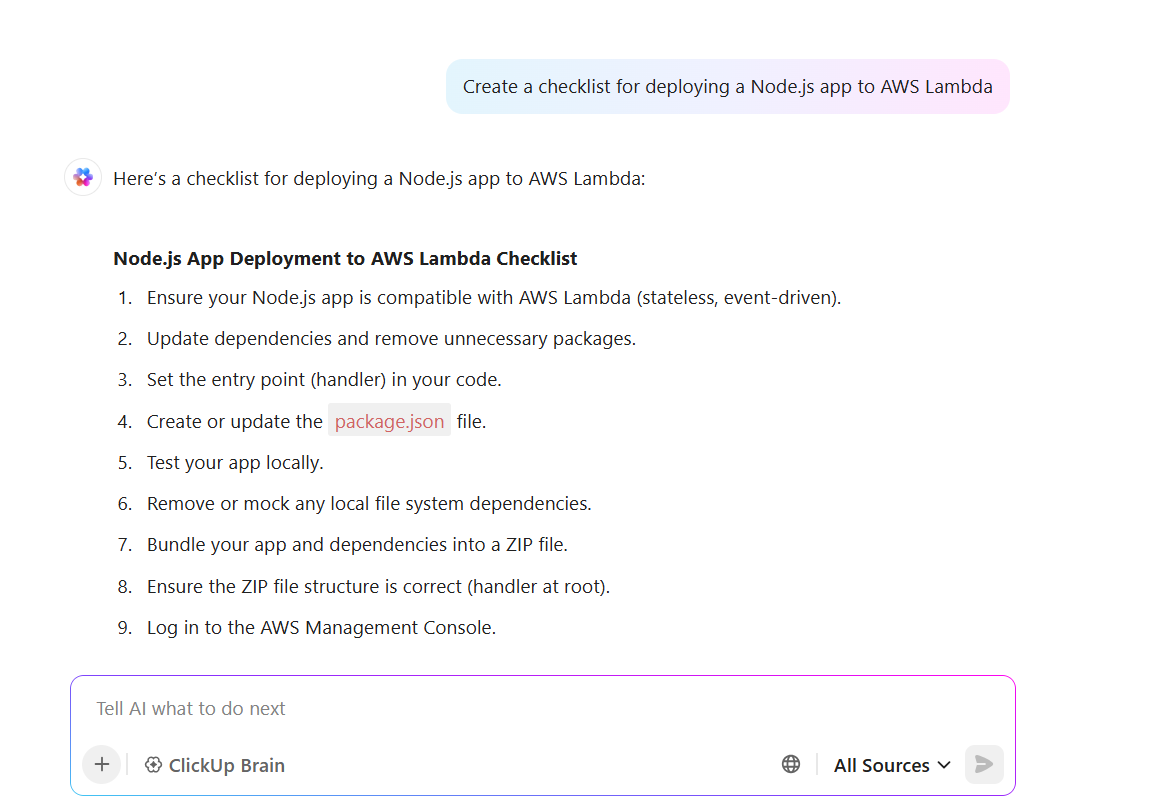In 2023, Botswana’s fintech ecosystem could be described as nascent; only one recognised startup was operational at the time, and the Fintech Association of Botswana (FAB) had just launched. Today, two promising players, N2 Pay and Pathetic Inc., are preparing to make their mark in the market—each offering distinctive approaches to digital finance in a country where mobile money and digital banking are still taking shape.
Despite the formation of FAB, both startups have largely charted their own paths, reflecting the early-stage nature of the fintech environment in Botswana. Lemo Seitei, Secretary General of FAB, sees potential in these startups and noted that FAB is working to shape a more enabling ecosystem through partnerships, incubation programs, and regulatory support, which may have indirect implications for these emerging startups.
“While the association is helpful in bringing people together, I have not yet received direct support, mainly because I am not a member and the association is still quite new to have done a lot,” says Ntungamili Keagile, founder of N2 Pay.
Digital wallet for the underserved
For Keagile, the journey started with a simple question, “why can’t sending money in Botswana be as easy as texting a friend?” N2 Pay is developing a digital wallet that allows users to send and receive money, aiming to bridge the gap between banked and unbanked populations. It offers instant bank-to-bank transfers, crypto payments at point-of-sale, and a sleek app built to work even with minimal data.
N2 Pay has bootstrapped the development phase, secured partnerships with Visa and Absa, and is in talks with mobile operators to integrate USSD and data-free access. Their ambitions include implementing blockchain-based stablecoin transactions and using AI for fraud detection. The startup recently partnered with Morocco’s Lacaisse.ma to bring digital POS solutions to local merchants.
“Our product is ready; we just need a banking license,” says Keagile.
Costing two million Pula (around $150,000), the licence, which will permit the processing of electronic transactions and mobile banking, is crucial before they are able to launch in the market. While this creates a catch-22 situation where investors demand quantifiable results, which are unattainable without the necessary regulatory clearance, N2 Pay has several potential investors and recently got an offer for a Simple Agreement for Future Equity (SAFE)agreement over $100 000.
“This is far from sufficient to cover licensing, operational, and marketing costs but we are yet to meet potential investors from South Africa and Europe,” Keagile says.
FAB, while not directly funding startups, acknowledges the regulatory and funding challenge. According to Seitei, FAB is in discussions with regulators—including the South African Reserve Bank—to streamline fintech licensing and develop a unified regulatory framework for the Southern African Development Community (SADC). While these efforts are ongoing, they hint at longer-term benefits for startups like N2 Pay.
Blending sustainability with fintech
Taking a different route is Pathetic Inc., a startup built around incentivising sustainable behaviour.
“People underestimate the power of incentives. When you reward sustainable habits, you change behaviour – and that change scales,” said Co-founder, Larona Seditse
Pathetic Inc. rewards eco-friendly actions with digital loyalty points that can be redeemed for goods or converted into monetary value. They are already collaborating with financial institutions and telecoms to issue Visa-enabled debit cards integrated with their rewards ecosystem.
Community-focused digital literacy campaigns and referral programs are also in the pipeline, using brand ambassadors to drive adoption. The company is also exploring cash advances tied to loyalty points, blurring the line between fintech and lifestyle.
Though not directly supported by FAB at this stage, their model aligns with FAB’s mission of promoting digital and financial inclusion through strategic partnerships.
A nascent market ripe with potential
Botswana presents a fertile ground for fintech, with internet penetration at 81.4%. Mobile money usage is rising, with 36.6% of the population aged 15 and older holding mobile money accounts. Yet cash remains dominant, accounting for 31% of transactions, and the market is still largely controlled by traditional big telcos and banks.
“Telcos like Orange Money are the main players right now, but their platform is not deeply integrated with emerging fintech solutions,” says Keagile. “There is room for real disruption.”
FAB’s Seitei is optimistic about this wave of innovation. “Through partnerships with Mastercard, Visa, and international networks like AllianceDFA and the African Fintech Network, FAB is working to build infrastructure that can support the next generation of startups,” he said.
With technical capabilities in place, partnerships forming, and high mobile connectivity, the potential for fintech in Botswana is clear. But for startups like N2 Pay and Pathetic Inc., scaling hinges on more than just innovation. It requires regulatory clarity, investor trust, and support from institutions like FAB.
Whether or not FAB directly facilitated their launches, its growing influence may shape the environment they operate in moving forward. And if these startups succeed, they could redefine how Batswana think about money—and the environment.










